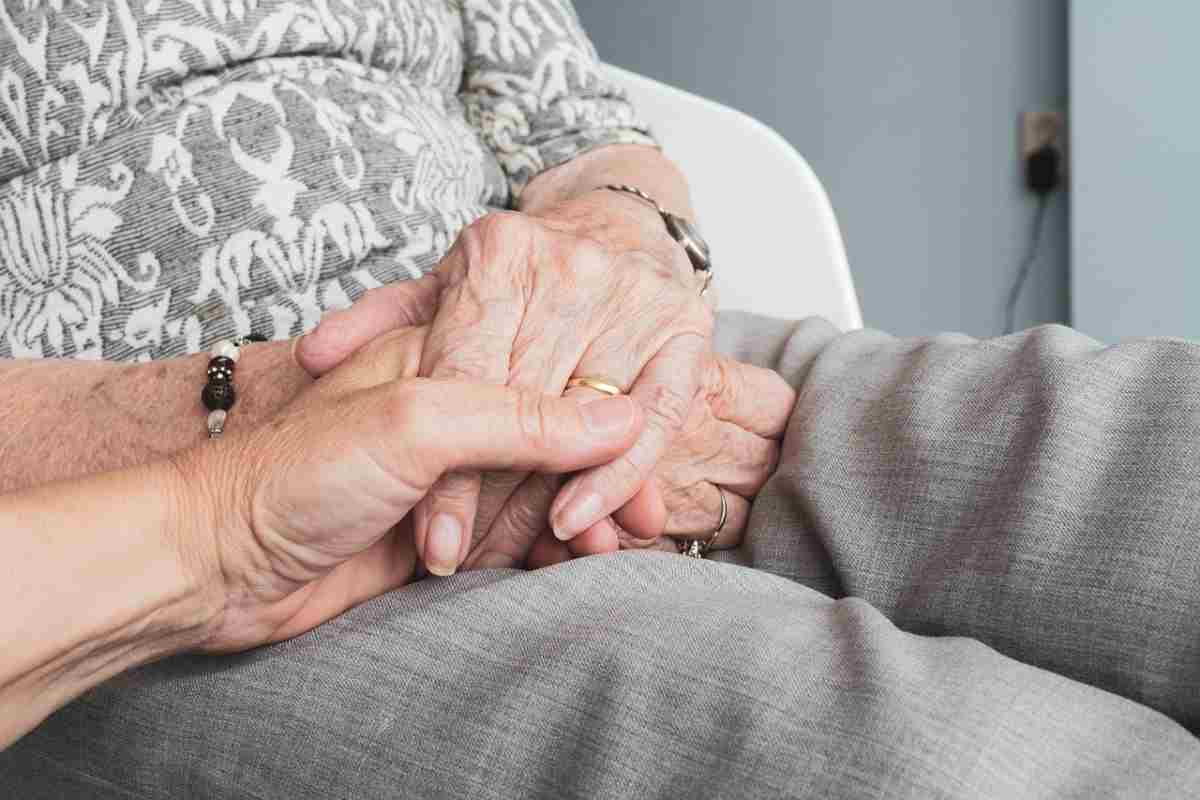As seniors age, maintaining independence becomes both a priority and a challenge. Many older adults wish to remain in the comfort of their own homes, surrounded by familiar spaces and cherished memories, rather than moving to assisted living facilities. However, aging often comes with unique health concerns, mobility limitations, and sleep disturbances that can make living alone risky. This is where overnight home care plays a critical role in supporting seniors’ independence.
Table of Contents
Ensuring Safety During the Night
Overnight home care is designed to provide professional assistance during the nighttime hours, ensuring seniors are safe, comfortable, and well-cared for while they sleep. Unlike traditional daytime care, overnight care addresses specific needs that emerge when the household is quiet, and family members may not be available. This includes help with nighttime mobility, medication management, monitoring for health changes, and responding to emergencies such as falls or sudden illness.
One of the most significant benefits of overnight care is safety. Falls are a common and serious risk for older adults, particularly at night when lighting is limited and fatigue can affect balance. Caregivers trained in overnight home care can assist seniors in safely moving around the house, preventing accidents before they occur. In addition, they can provide timely intervention in emergencies, offering both peace of mind to seniors and reassurance to their families.
Supporting Emotional Well-Being
Beyond physical safety, overnight caregivers also support emotional well-being. Aging can bring feelings of loneliness and anxiety, which often intensify at night. Having a compassionate professional present can alleviate these feelings, providing social interaction, comfort, and companionship. Seniors are able to maintain a sense of connection and security, knowing that someone is available should they need assistance, even during the late hours.
Health Management Around the Clock
Overnight home care also supports seniors’ health management. Many older adults require nighttime medications or monitoring of chronic conditions such as diabetes or heart disease. Caregivers ensure that these routines are followed accurately and consistently, reducing the risk of complications. Furthermore, they can notice subtle changes in a senior’s health that may require attention, often preventing hospitalizations and allowing seniors to remain in their homes longer.
Promoting Independence and Dignity
Importantly, overnight care fosters independence rather than replacing it. Seniors retain the freedom to manage their daily routines while having a safety net in place. This approach promotes dignity and self-reliance, allowing individuals to make choices about their lifestyle while receiving the support necessary to thrive. Families benefit as well, as they can rest easier knowing their loved one is safe and supported overnight.
Professional Overnight Assistance
For families seeking professional overnight assistance, services like Alina Homecare provide specialized care tailored to each senior’s unique needs. Their caregivers are trained to handle a wide range of overnight challenges, from mobility assistance to health monitoring, ensuring that seniors remain safe, healthy, and independent.
Conclusion
In conclusion, overnight home care is a vital resource for seniors who wish to continue living independently at home. By combining safety, health support, and emotional care, these services address the challenges of aging without compromising autonomy. Seniors can enjoy the comfort of their own home, families can gain peace of mind, and everyone benefits from a higher quality of life. Overnight home care is more than a service; it is a bridge to safe, independent, and fulfilling living for older adults.

